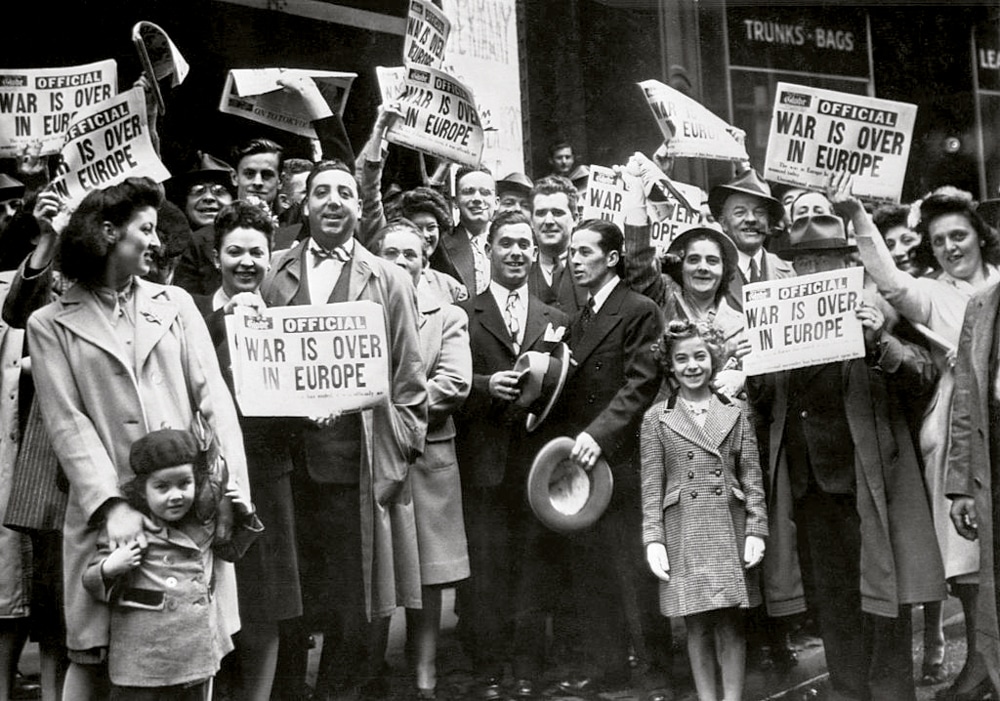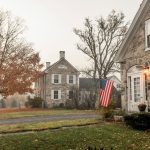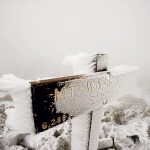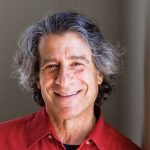Remembering the End of World War II | From the Yankee Archives
Back in 1995, to mark the 50th anniversary of the end of World War II, Yankee asked its readers to send in their memories of V-E Day and V-J Day, which for many were both joyous and bittersweet occasions. This year, on the 75th anniversary, we went into the archives to share again these New England voices […]

Coffee By Design | Portland, Maine
Photo Credit : Katherine KeenanBack in 1995, to mark the 50th anniversary of the end of World War II, Yankee asked its readers to send in their memories of V-E Day and V-J Day, which for many were both joyous and bittersweet occasions. This year, on the 75th anniversary, we went into the archives to share again these New England voices from a time that changed the world.

Photo Credit : Corbis via Getty Images
Remembering the End of World War II | From the Yankee Archives
Everyone saw the man at the same time, on the beach at the end of the lake. He was jumping up and down, waving his arms as if trying to take flight. We thought he needed help, so we all piled into the motorboat. As we moved down the lake toward him, he continued jumping and waving. He was shouting something at us, but we couldn’t hear him. Then my father cut the motor, and we heard the words the world had been waiting to hear for so many years: “The war is over! The war is over!” —Nancy Churchill
What a glorious time! The girls all rode the trolleys to Boston, where we joined the craziest, happiest mob that ever gathered. We were pushed, hauled, mauled, bussed, and praised—all at the same time. Arms enveloped from behind, hugs arrived and departed from unknowns, but we were all one family at that moment. —Jacqueline Deam
It was a hot, sultry day in late August 1945, and I was alone on the beach just minutes away from the railroad bridge across the Cape Cod Canal at Bourne. I heard the sound of a train rumbling down the single track that ran parallel to the beach. It was a troop train, jam-packed with soldiers heading for Camp Edwards and discharge from the army. Car after car rolled by, the guys hanging out the open windows, whistling, waving, shouting, cheering. All day long for several days the trains rolled like clockwork. We sat on the beach, facing the track, and we waved and we cheered until our arms ached and our throats went dry. —Elaine Bierbauer
I was about 7 years old and living in the industrial city of Waterbury, Connecticut, in 1945. Every factory in the city blew a whistle to call shifts to work, and each one had a different sound. Our fox terrier, Scotty, would bark every time a factory alarm went off. The day the war ended, every factory whistle and horn erupted. With relish, Scotty ran out the back door to accept the challenge. Of course he was outmatched, but he fought valiantly as long as he could. After several minutes he stopped barking, took a few deep breaths, and with a raspy voice started again. A few minutes later he had to stop again, take a few more deep breaths, and try to resume. By now he was just getting a few squeaks from his throat. Neighbors came out on their porches to watch Scotty’s brave efforts. Our stubborn dog was no longer making any sounds at all: He was doing a pantomime of barking. Eventually the horns and whistles stopped, and Scotty strutted away, knowing the battle was over. But when he tried to give a triumphant victory cry, all he could emit was a hoarse little cough. —Ed Martin
On the evening of May 7, 1945, the Radcliffe Choral Society was at Boston’s Symphony Hall awaiting the arrival of conductor Serge Koussevitzky, who was to conduct us, along with the Harvard Glee Club, in a performance of the “Ode to Joy” from Beethoven’s Ninth Symphony. The audience grew restive, as it was past time to begin. Suddenly Koussevitzky strode onto the stage, flung off his elegant black cape, and declared: “Ladies and gentlemen, the war with Germany is over!” He whirled to lead the orchestra in “The Star-Spangled Banner,” which was sung by all, with tears flowing freely. Then we sang our “Ode to Joy” with hearts bursting. —Jean Moulton Burdakin








Love this magazine
Unfortunately, probably most of those who responded in 1995 are no longer with us. Grateful these responses were collected in 1995.
when it came over the radio that the war was over, people went out in the streets yelling the war is over and banging on pots and pans. I was 7.